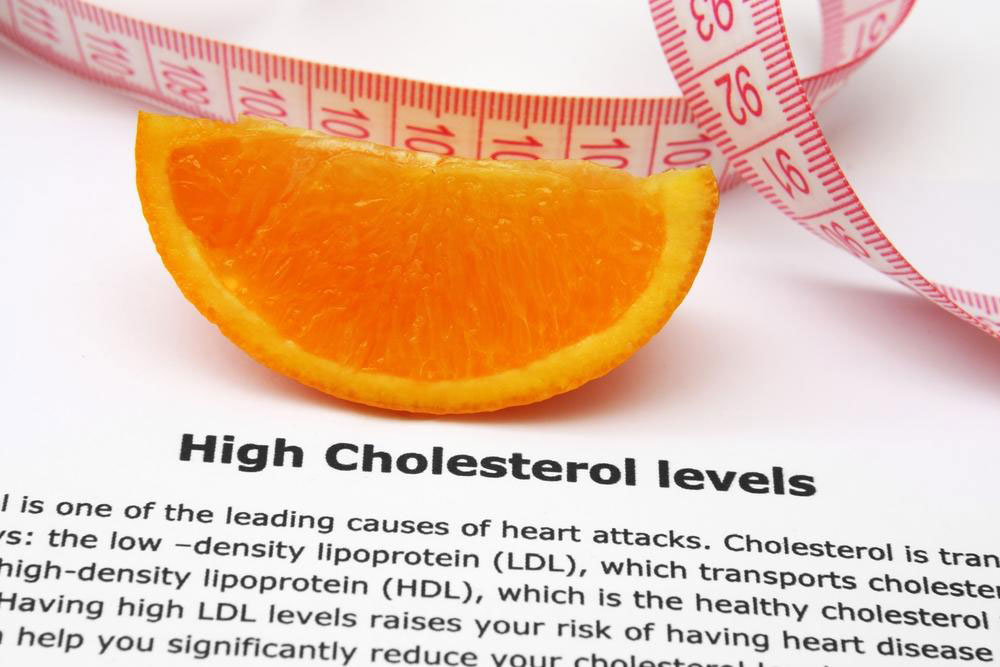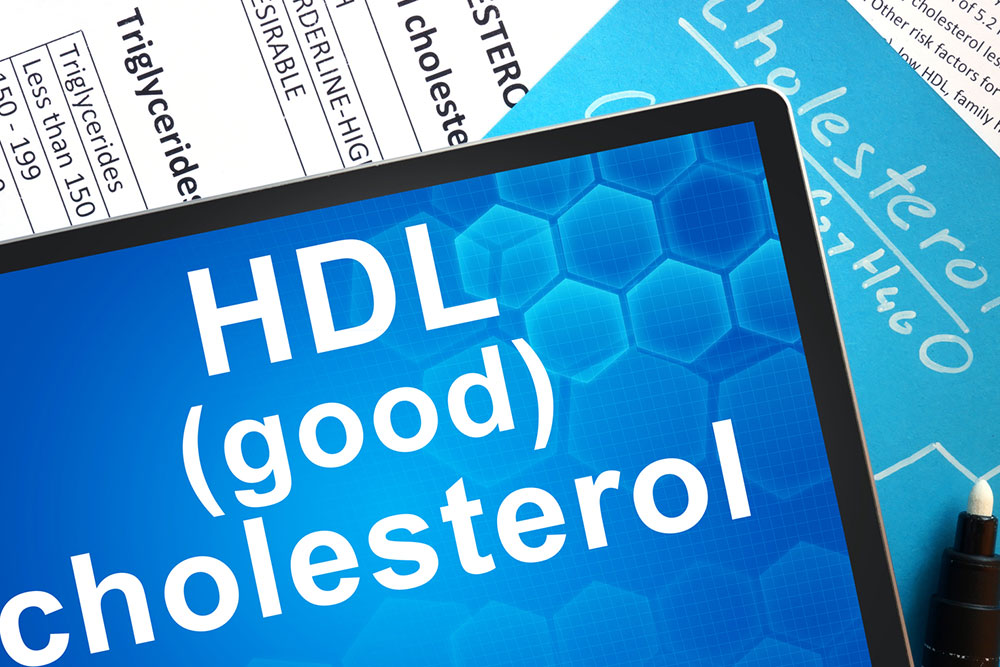Effective Strategies for Managing Heart Palpitations
Learn effective strategies to manage and reduce heart palpitations. This guide covers hydration, diet adjustments, gentle exercise, adequate sleep, and stress management. Following these tips can help maintain heart health and prevent irregular heartbeat episodes. Consult your healthcare provider for personalized advice, especially if symptoms persist. Prioritize a healthy lifestyle to support your cardiovascular well-being and reduce the risk of serious complications.
Sponsored

Top 6 Methods to Alleviate Heart Palpitations
Heart palpitations involve feeling that your heartbeat is unusually rapid, slow, or irregular. This sensation can occur at any moment—whether you're seated, lying down, or active—and may feel like pounding, fluttering, or racing. While brief episodes are common, persistent or frequent sensations warrant intervention. Recognizing ways to reduce symptoms is essential to maintain cardiac health.
1. Maintain Proper Hydration
Dehydration impacts electrolyte balance, which can disrupt normal blood flow and cause palpitations. Signs include dry mouth, dark urine, dizziness, and headaches. Drinking 6–8 glasses of water daily supports electrolyte stability and overall heart function. Consult a healthcare provider for personalized hydration guidelines, especially if you have underlying health conditions.
2. Cut Back on Caffeine
High caffeine consumption can trigger irregular heartbeats in sensitive individuals. Reducing intake of coffee, tea, and caffeinated products may decrease palpitations. If you notice symptoms after caffeine consumption, seek medical advice to identify and manage triggers effectively.
3. Engage in Moderate Exercise
Regular physical activity enhances cardiovascular health and can help prevent palpitations. Low- to moderate-intensity routines like walking and yoga are safer options, reducing adrenaline spikes that could provoke irregularities. Always consult a healthcare professional before starting a new exercise plan.
4. Limit Salt Intake
Excessive dietary salt can accelerate heart rate and increase the risk of arrhythmias. Cutting back on salty snacks and processed foods supports better heart rhythm regulation. Maintaining a balanced diet alongside hydration and exercise is crucial for heart health.
5. Prioritize Quality Sleep
Sleep deprivation and poor sleep habits elevate the risk of cardiac issues, including palpitations. Aim for 6–8 hours of restful sleep each night to reduce stress and blood pressure. Address sleep disorders like sleep apnea with medical help to prevent disruptions that may trigger irregular heartbeats.
6. Manage Stress Effectively
Stress increases heart rate and can lead to palpitations. Incorporate relaxation techniques such as meditation, deep breathing, counseling, and journaling into your routine. A balanced lifestyle, healthy eating, and stress reduction practices contribute to overall heart wellbeing. Frequent episodes should be evaluated by a healthcare professional for underlying conditions.
In summary, staying well-hydrated, moderating caffeine and salt, exercising appropriately, ensuring quality sleep, and managing stress are key to controlling heart palpitations. Regular medical checkups are recommended for persistent symptoms to rule out serious health issues.






